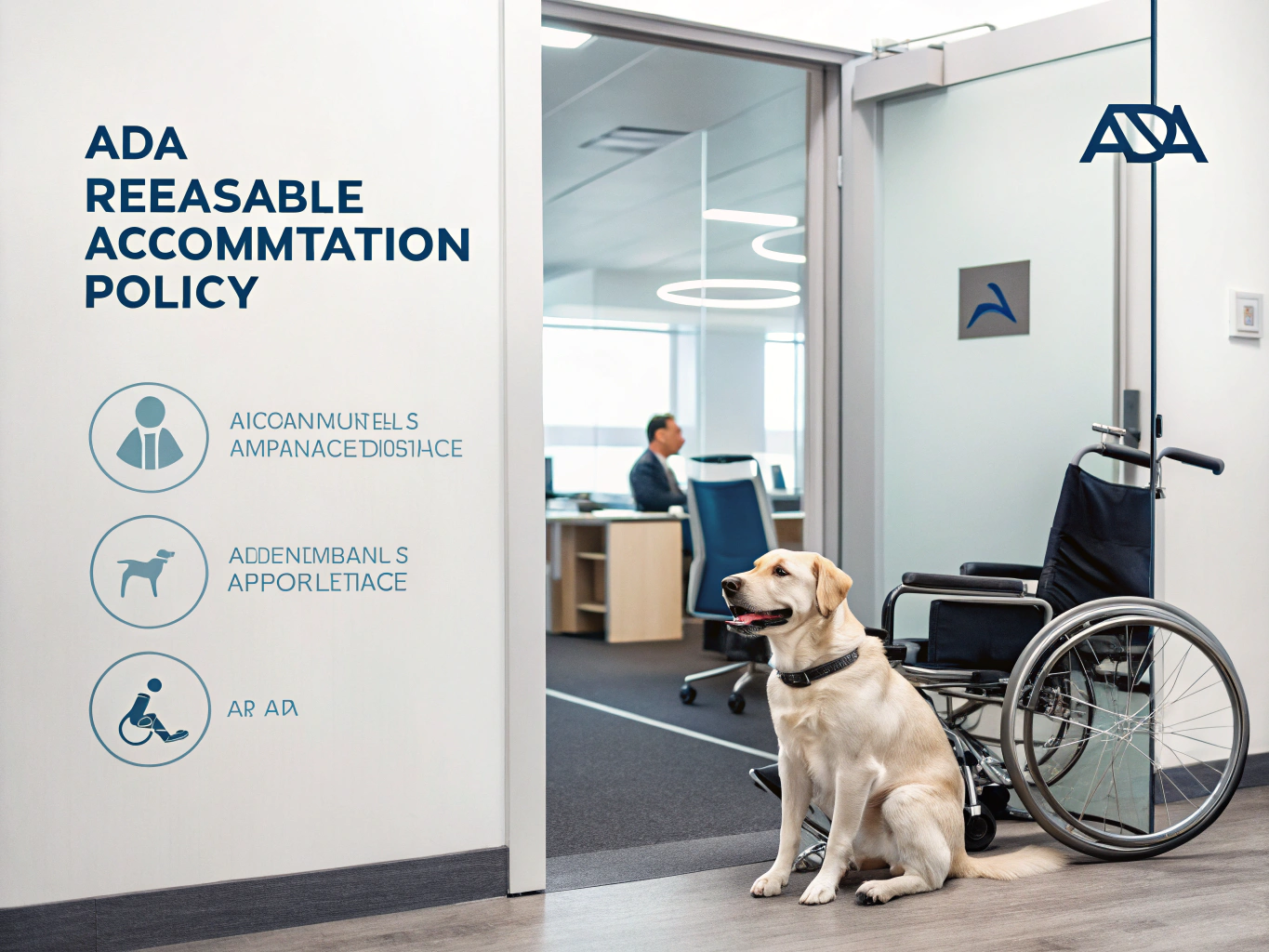Definition
A mock interview is a practice session designed to simulate a real job interview experience. It helps candidates familiarize themselves with common interview questions and improve their presentation and communication skills. Whether you’re an experienced professional considering a career shift or a fresh graduate stepping into the job market, participating in a mock interview can significantly boost your confidence and performance during actual interviews.
Key Components
Mock interviews consist of several essential elements that contribute to their effectiveness. Here’s what you should keep in mind:
- Realistic Interview Questions: Tailor questions to reflect the actual role and industry. For example, if you’re interviewing for a marketing position, include questions about campaign management or digital marketing strategies. This sets the stage for relevant practice.
- Constructive Feedback: After the mock interview, provide candidates with detailed feedback. Highlight both strengths and areas for improvement. For instance, you might say, “Your answers were clear and confident, but try to elaborate more on your leadership experiences to give a fuller picture.”
- Interview Environment: Create a setting that mimics a real interview, such as a quiet room with minimal distractions. This helps candidates feel the pressure and learn how to manage it in a controlled manner.
- Scoring Rubric: Use a rubric to evaluate performance based on specific criteria such as clarity, relevance, and body language. This structured approach helps candidates understand how they are assessed.
- Practice Interviews for HR Professionals: HR staff can also benefit from mock interviews by honing their questioning techniques and learning how to assess candidates more effectively, making the overall hiring process smoother.
Importance in the Workplace
Mock interviews play a crucial role in both candidate preparation and the hiring process itself. For candidates, they provide a safe space to practice and refine their interview skills, reducing anxiety when facing real interviewers. For HR professionals, mock interviews are invaluable in identifying the best candidates. For example, if a candidate struggles with behavioral questions, you can address this before the actual interview, ensuring you don’t overlook a potentially great hire simply because they were unprepared.
Best Practices
To make the most out of mock interviews, consider the following best practices:
- Set Clear Objectives: Before starting, clarify the goals of the mock interview. Is it to improve confidence, refine answers, or practice specific skills? This focus will guide the session effectively.
- Record the Session: If possible, record the mock interview. Watching the playback can be eye-opening for candidates, revealing non-verbal cues they might not be aware of, such as nervous habits or unclear speech.
- Encourage Role Reversal: Allow candidates to ask questions about the company and role. This not only helps them prepare for real interviews but also allows them to gauge if the company aligns with their values and career goals.
- Follow-Up Resources: After the mock interview, provide candidates with additional resources, such as articles on interview techniques or links to online courses. This empowers them to continue their learning beyond the practice session.
- Regularly Update Questions: Keep your question bank fresh and relevant. As industries evolve, so do the skills and knowledge needed to succeed. Regularly updating your questions ensures candidates are prepared for current market expectations.
Legal Considerations
While mock interviews are primarily educational, it’s essential to be aware of legal considerations. Ensure that all feedback is constructive and non-discriminatory. For instance, avoid comments that could be perceived as biased based on age, gender, or ethnicity. Additionally, maintain confidentiality regarding candidates’ performance and any proprietary company information shared during the mock interview.
Conclusion
Understanding the value of mock interviews can lead to greater success for both candidates and hiring teams. By simulating real interview conditions, candidates can boost their confidence and refine their skills, while HR professionals can sharpen their assessment techniques and create a fairer hiring process. Embracing mock interviews as part of your hiring strategy can make a significant difference in securing the right talent for your organization.




